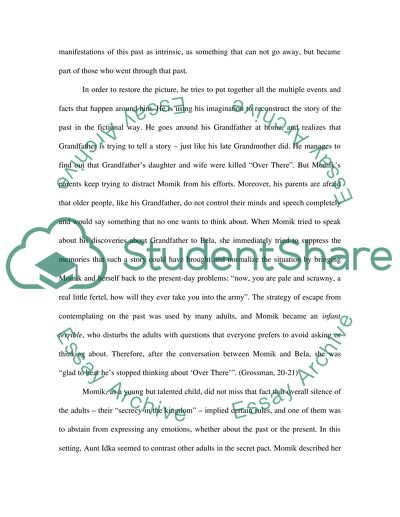Cite this document
(“Holocaust Literature Essay Example | Topics and Well Written Essays - 2000 words”, n.d.)
Holocaust Literature Essay Example | Topics and Well Written Essays - 2000 words. Retrieved from https://studentshare.org/literature/1440455-holocaust-literature
Holocaust Literature Essay Example | Topics and Well Written Essays - 2000 words. Retrieved from https://studentshare.org/literature/1440455-holocaust-literature
(Holocaust Literature Essay Example | Topics and Well Written Essays - 2000 Words)
Holocaust Literature Essay Example | Topics and Well Written Essays - 2000 Words. https://studentshare.org/literature/1440455-holocaust-literature.
Holocaust Literature Essay Example | Topics and Well Written Essays - 2000 Words. https://studentshare.org/literature/1440455-holocaust-literature.
“Holocaust Literature Essay Example | Topics and Well Written Essays - 2000 Words”, n.d. https://studentshare.org/literature/1440455-holocaust-literature.


